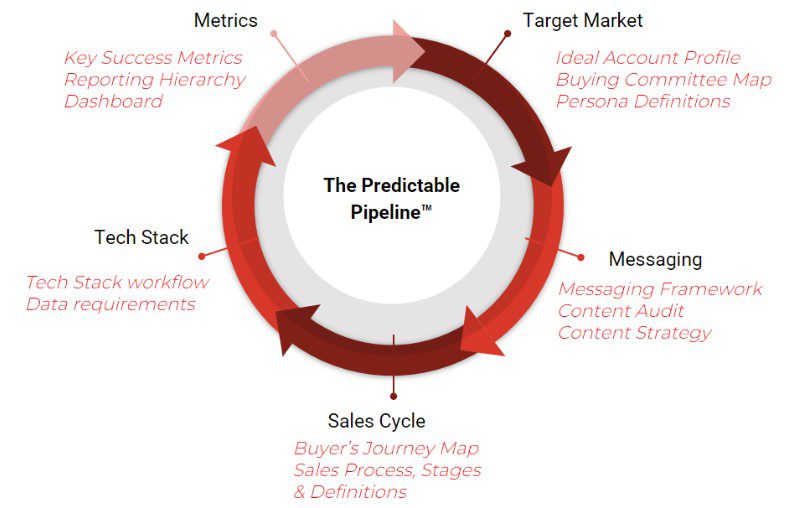The Impact of Having Well-Defined Personas

By Carly Bauer, Marketing Consultant at Heinz Marketing
I was recently asked during a client meeting what the importance was for developing personas. Their concern was that titles and challenges were always changing. It felt like a waste of time, energy and resources to develop something that felt so temporary. And it’s true, personas and the people we market to are always changing based on their needs, goals, limitations, resources, and many other variables. That’s part of our job as marketers, to assess and determine who are the right people we need to market to and what are the best ways to reach them.
Having defined personas is important. They provide a deeper understanding of your target audience’s role within the buying committee and the company. A well developed persona should include,
- Their responsibilities
- Their frustrations
- Characteristic they should possess in their given role
- Who they report to
- Achievements they celebrate
- Preferred content formats
- Where you can find them – social channels, groups, events
These are all things that help build the messaging you use to target them in campaigns, on your website, and the content you develop. If you want to have relevant, impactful, and personalized messaging, you need a deeper understanding of the personas you are targeting.
Going a step further in your ICP
Who is going to benefit from your product or service the most? Who is most likely to make a purchase? These are companies that make up your Ideal Customer Profile (ICP). It’s important to map out the ideal targeting criteria in order to develop compelling marketing strategies and direct resources and budgets at the prospects that are more likely to become customers.
Criteria to consider:
- Firmographics
- Geography
- Industries/Verticals
- Company Size
- Buying intent Signals or Situational Triggers
- Technographics
- Competitor products in use
- Current tech stack
Based on the industries within your ICP, who among them are going to be the decision makers? Who is going to be interested in your product or service? Who is going to be utilizing it the most? Having a defined buying committee helps map out the ideal people to target, to get in front of, and those that they are going to need approval from. Are you mostly working with mid-management, or exclusively the executive suite or maybe it’s mostly business personas that need little to no buy-in from IT. To have a smooth successful sales journey, it’s important to make sure all the necessary people are included in the buying process.
When mapping out the buying committee, here are roles to consider:
- Business Decision Maker – has the power to say yes
- Technical Decision Maker – has the power to say no
- Validator – has the power to say no
- Champion – has the power to influence
- Business Influencer – has the power to influence
- Technical Influencer – has the power to influence
You have your buying committee mapped out. You know who’s likely to be your users and points of contact during the sale and implementation process, and you know who they need to get buy-in from. But how are you going to reach out to them? In their roles, what are their responsibilities they oversee, the challenges they are trying to solve to reach business goals? Do you know what kind of content or channels they interact with? How are you going to be able to develop messaging and marketing strategies that will resonate with your ideal prospects? This is where well defined personas come into play and what makes them so important. Without this deeper knowledge and understanding of your target audience, it’s very difficult to build effective marketing strategies with messaging and a buyer’s journey that aligns with your prospects’ needs, goals and challenges, interacting with them at the right place and time.





